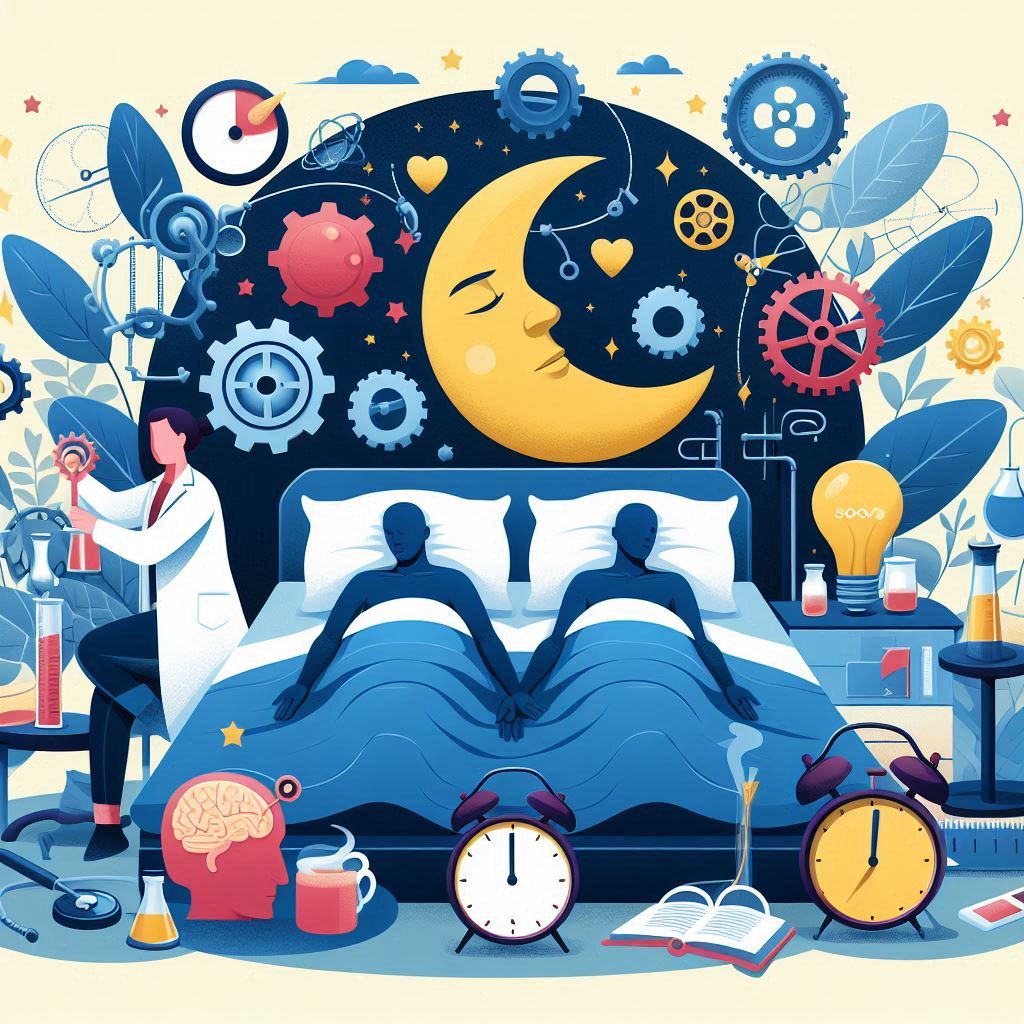Sleep is something we all do, but despite its importance, many common beliefs about sleep are actually myths or misunderstandings. Getting good quality sleep is essential for our physical health, mental well-being, and overall productivity. However, some widely accepted ideas about sleep don’t tell the whole story. Here are five things most people get wrong about sleep, backed by science.
- You Need Exactly 8 Hours Every Night
While 8 hours is a general guideline, the ideal amount of sleep varies from person to person. Some people feel fully rested with 7 hours, while others may need 9. It’s more important to pay attention to how you feel during the day rather than obsess over the exact number of hours. - You Can “Catch Up” on Sleep on Weekends
Many believe sleeping extra hours on weekends can make up for lost sleep during the week. While it helps somewhat, consistent sleep patterns are key. Irregular sleep schedules can disrupt your body’s internal clock and affect sleep quality. - Drinking Alcohol Helps You Sleep Better
Although alcohol might help you fall asleep faster, it actually reduces the quality of your sleep. Alcohol interferes with REM sleep, which is crucial for memory, learning, and mood regulation. This often leads to waking up feeling tired or unrested. - Watching TV or Using Screens Before Bed is Fine
The blue light emitted from phones, tablets, and TVs can suppress melatonin production — the hormone that tells your body it’s time to sleep. This can delay sleep onset and reduce overall sleep quality. It’s best to avoid screens at least an hour before bedtime. - Snoring is Harmless
While occasional snoring can be normal, loud or frequent snoring might indicate sleep apnea, a serious condition that interrupts breathing during sleep. Sleep apnea can lead to fatigue, high blood pressure, and other health problems, so it’s important to get it checked if snoring is severe.
Understanding these common misconceptions can help you develop better sleep habits and improve your overall health. Sleep isn’t just about the hours you log but also about the quality and consistency of rest you get.
Remember, prioritizing good sleep is one of the simplest and most effective ways to boost your energy, focus, and mood every day.

Leave a Reply